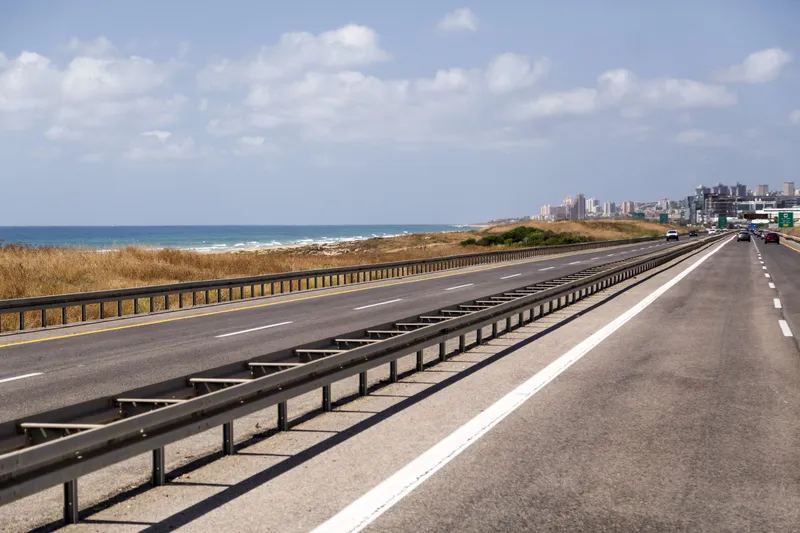Kapsch CarrierCom has provided the TETRA (Terrestrial Trunked Radio) communications infrastructure for Line 4 in Rio de Janeiro, Brazil, which began operating on 1 August, in time for the 2016 Olympic Games.
TETRA offers voice and data connectivity that is dedicated, secure and highly reliable, ensuring optimal network performance. It facilitates communication for the operator, transmits relevant operational data, and makes a key contribution to an increasing passenger safety and efficiency.
The compa
August 5, 2016
Read time: 2 mins
TETRA offers voice and data connectivity that is dedicated, secure and highly reliable, ensuring optimal network performance. It facilitates communication for the operator, transmits relevant operational data, and makes a key contribution to an increasing passenger safety and efficiency.
The company was awarded the contract by project lead ENG and also provided four base stations, 60 in-train cab radios, 21 optical repeaters and 140 hand-held portable radios. In cooperation with Dutch software company Rohill, the TETRA infrastructure was integrated with the existing Lines 1 and 2 and the third line support. Cobham Wireless installed a distributed antenna system solution for indoor coverage, including tunnel, technical rooms and platforms, while Schnoor delivered the cabin radio solution for trains with a public announcement interface.
With 15 trains serving six major stations on 16km, the new Line 4 in Rio De Janeiro is able to carry over 300,000 people per day and to takes almost 2,000 cars off the road during rush hour. During the Olympic Games, the metro line will contribute to faster and more convenient travel in Brazil’s second largest city.








